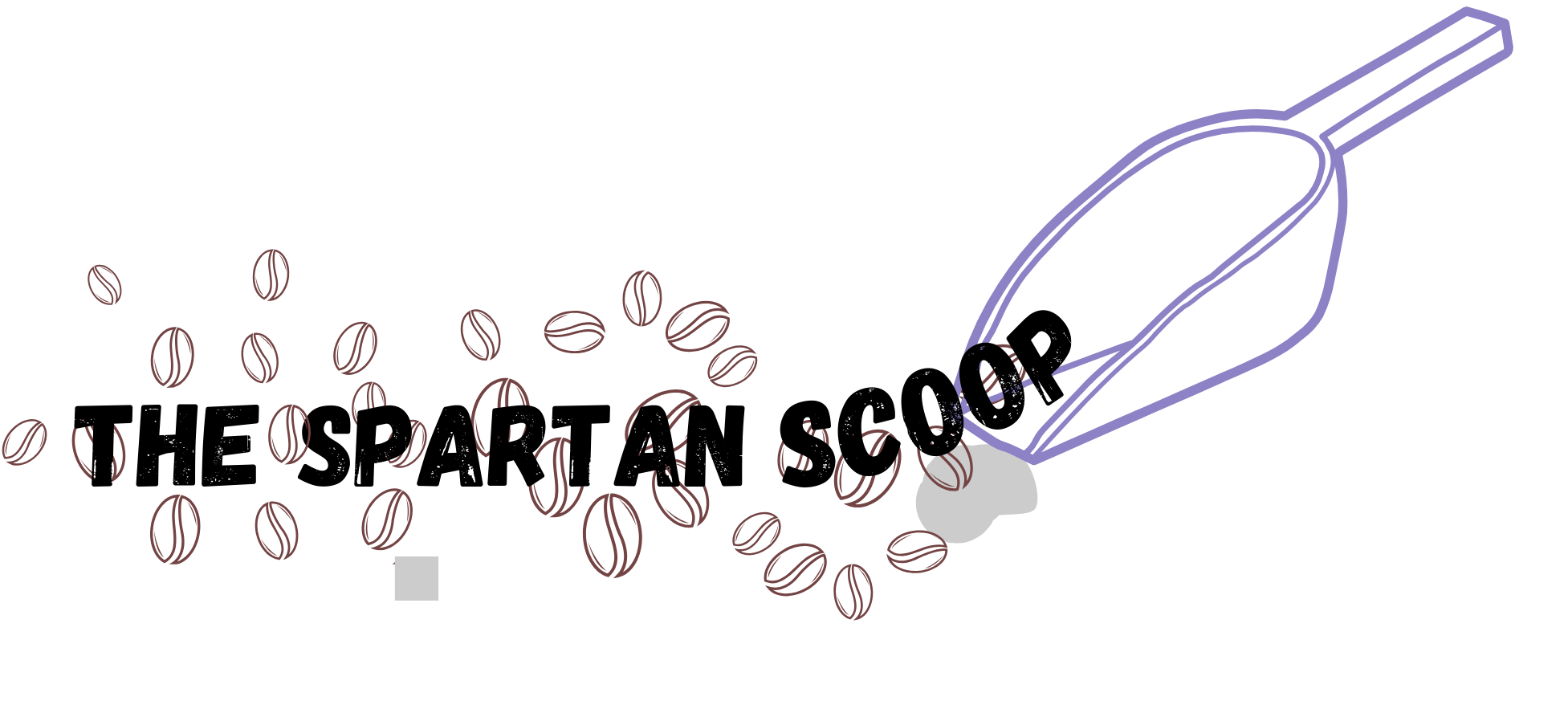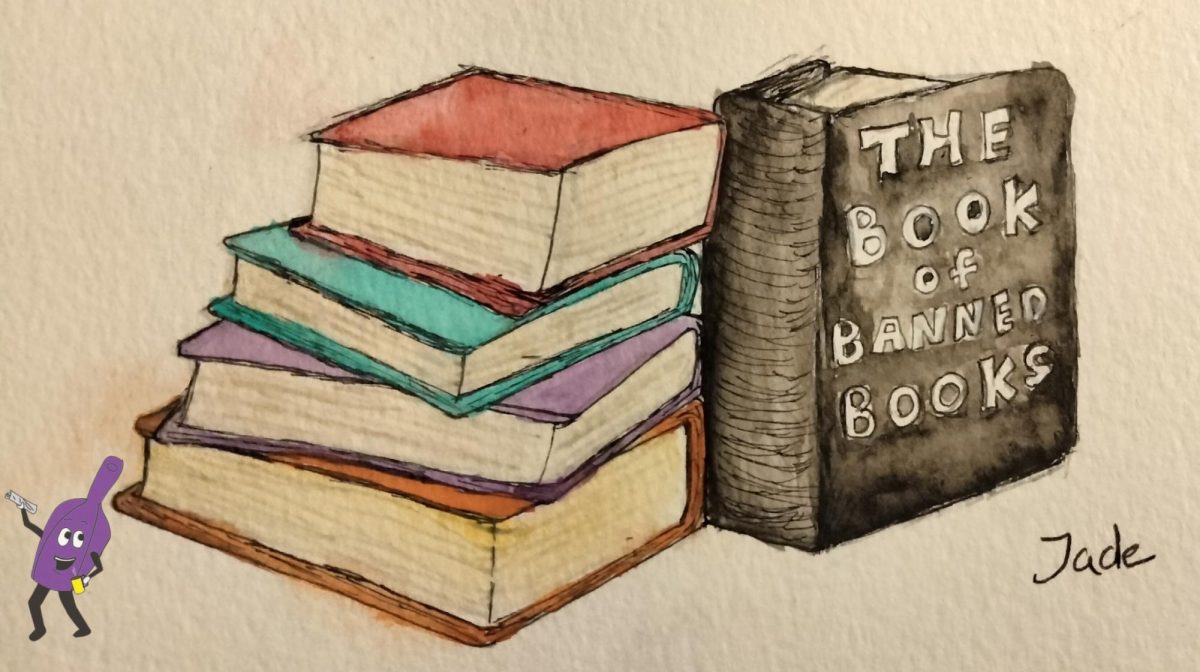For hundreds of years countries around the world have practiced the banning of books providing a variety of effects to the youth who could have been reading them. We have engaged in mass book burnings and bannings in the past as a way to censor and destroy controversial material and preserve a single idea. When asked about the practice of banning books, Sentinel librarian, Kim Rott mentioned, “[she doesn’t] think that a single family has a right to tell every other kid what their rights are,” highlighting what she feels are the flaws in this practice.
What does banning books say about our society?
The foundation of America relies on our amendments and the confidence of the people to maintain these rights. “We always think of our first amendment being that we have freedom of speech and freedom of the press but if nobody hears that speech or nobody can read that press then that violates the first amendment right?” without access to the media a disconnect forms between what people want to know and are allowed to know.
The importance of recognizing banned book week and the implications it has is to prevent a loss of rights or understanding among our communities. Rott spoke about the way that in so many aspects of our culture we are repeating history and letting each other make the same mistakes. Society has this idea that places like North Korea and Russia are stripping away rights and exerting too much control over their population and then we see a reflection of that happening in our own lives and that’s when it gets scary.
It is easy to see flaws in other people and cultures but much harder to see them in ourselves.
She then elaborated on the way we as, “Americans have always believed that we have a huge marketplace of all these ideas where every idea is important and you don’t have to believe every one, and [Rott doesn’t] have to believe every one and can even be disgusted by some of them but at least people have a right to know they exist.”
“Here at Sentinel, we try to recognize the importance of representation in our library and book selection.” An example provided by Rott detailed that, “a lot of the books that have been banned are LGBTQ books and while a family can say ‘I don’t want my kid reading those”, other families might want to read that so it needs to be in the library.” The key goal of the librarians is to provide everyone with books in which they can find representation and connection. The effect of a wider variety of book topics is to not only provide one story of who people are or can be but an image of the diversity in our country so we can continue to grow.
Over the last couple of years more and more groups have arisen that are trying to ban books across the country. In Montana currently, we don’t have any banned books but we have had many challenges. The process on our school board is to have the parents fill out a form with what they want banned and their reasoning. After that, an intellectual committee gets together to decide whether the book should legitimately be banned or is alright to remain in the library. So far we have been able to argue for our right to these books but in other places they aren’t as lucky. “Texas has a list of 600 books or something that had to be taken out of school libraries. And Florida is another state that’s just a hotbed of book banning right now. So we need to just be careful and be grateful for our rights and continue to support them so we don’t end up in the same situation.” said Rott when asked about how we can help push back against banning books.
During the first half of 2023, there were 1,477 banned books which was 29% more than in the prior 6 months. The practice of banning books is, in short, a way to take away the choice for what is acceptable content from individuals and create an even and unchanging line for what kids should and should not read.
While 70% of American parents disagree with banning books the remaining 30% are enough in number to continue to request these bans. There is also a strong correlation between majority republican voting states and higher book bannings. There is a common ground in both republicans and democrats minds that we are bound to honor the constitution and uphold our values however, the interpretation of these values is undecided.
It is up to us as a whole to decide how to interpret and enact these rights. Humanity has struggled for millennia to protect itself. We have fought in wars, survived injustice, and risked everything to get to a place where we could live with representation and safety; however, it is a more difficult gray area decision than some realize.
It can be argued that in some cases banning books is good and even necessary to protect children. Librarians choose their books extremely carefully and make the decision on whether it is going to be appropriate or not based on its value scientifically and culturally. This, of course, can change based on the age of the students, their backgrounds, and their maturity. The differences in book content and factuality are always main factors in continuing to develop methods for deciding where books should and should not reside. The goal of librarians worldwide is to create environments where everyone is safe, comfortable, and represented.
Banning books is a widely controversial argument and will likely continue to be a moral question for the years to come. Hopefully, though, as Mrs Rott said, we can support each other and preserve our access to the knowledge and representation in our library here at Sentinel.




